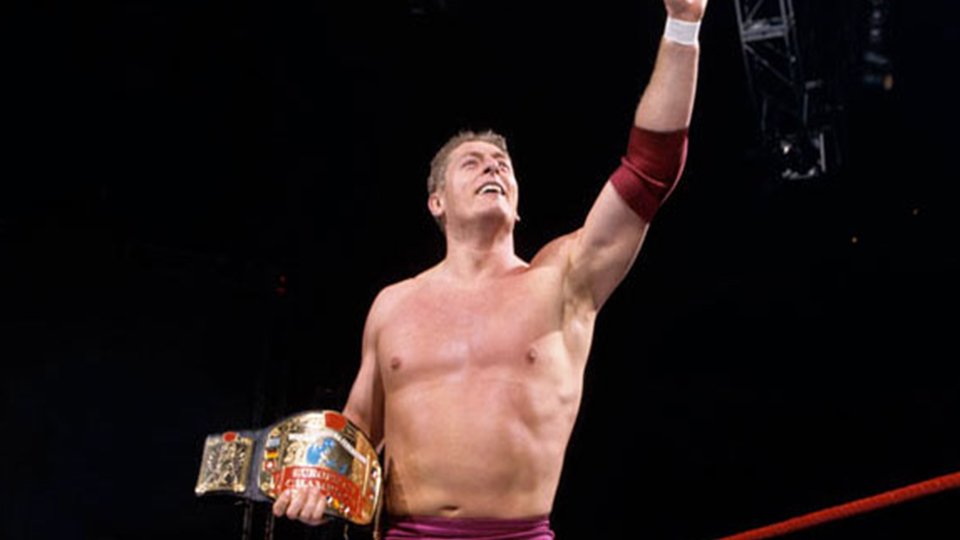
In modern era WWE, title belts are ten-a-penny. A plethora of leather and metal accolades dot the landscape, with almost everyone on the roster given a turn at carrying one of them at some point during their run with the company. It was not always that way. There was once a time when championship belts were highly sought after property that actually meant something––just ask Bret Hart and Shawn Michaels.
In the 80s and 90s, there were only three titles of note in the WWF: the WWF Championship, the WWF Intercontinental Title, and the WWF Tag Team belts. Occasionally a new title would be created as a gimmick for house shows and international partnerships––such as the long-forgotten WWF Canadian strap (which existed to showcase Dino Bravo on Montreal house shows), the Million Dollar belt (Ted DiBiase’s custom title that he carried and defended but was not recognized by the WWF) or the mysterious WWF Intercontinental Tag Team Titles (which came into being as part of the WWF’s brief union with UWF Japan).
So when the idea for a new championship that would sit alongside the three big ones was concocted, fans were understandably excited. That title was the WWF European Championship, a belt that was intended as a showcase piece that all of Europe could be proud of. With the WWF struggling domestically at the time but still drawing well overseas, they needed their European audience to prop them up more than ever.
The third singles title would also serve as a potential way for Vince McMahon to soothe some egos. The WWF and IC titles were desirable commodities. Those who carried them commanded a significant amount of political clout and backstage stroke. Wrestlers by their very nature are egocentric and many saw being chosen as the man to carry either belt as validation from the boss. With the locker room at the time as toxic as it had ever been due to backstage cliques, petty squabbles, and everyone feeling the brunt of WCW’s television dominance, it was a powder keg environment.
Although it seems ridiculous now, who carried the titles was still an important factor to most and certainly still the cause of rifts and rivalries if the quote-unquote wrong person was selected in the role. With a third option, McMahon was giving himself more breathing room, an extra bargaining chip that he could bring to the table to assuage a disgruntled employee. It also opened the door to those further down the pecking order who were not over enough to warrant a run with the IC strap––the realistic peak for the majority of the midcard––giving them a viable target to aim for. On paper, it was a no-brainer to introduce the new gold.
The European title could hardly have got off to a better start. Rather than simply awarding the first incumbent with the belt or creating a mythical tournament in Rio de Janeiro (as they had with the launch of the IC title), the WWF held a multi-show tournament during their February Xpress Tour in Germany. The names involved gave a clue to how seriously the promotion was taking their new trinket; the entrants list read like a who’s who of modern greats. In the first round, the British Bulldog downed Mankind, Vader beat Rocky Maivia, Owen Hart dropped Flash Funk and Bret Hart upended Triple H. Davey Boy and Owen––the reigning WWF Tag Team Champions at the time––came through their semi-finals to set up a meeting in Berlin on February 26, 1997, that would air on the following week’s Raw.
The 17-minute match was a technical classic, to this day one of the best matches ever held on the show. Considering that covers 25 years and several thousand matches, that’s high praise indeed. Fittingly it was Wigan-born Englishman Davey Boy who walked away with the gold, beating Hart––who had kicked out of Bulldog’s patented running powerslam––after reversing a victory roll.
Trending
- AEW’s Stance On Making More Free Agent Signings Revealed
- Another WWE Star Released
- AEW Star Gone From Company
- ‘Tired’ & ‘Pissed Off’ WWE Star Hints At Major Change
- Top WWE Star ‘Badly Hurt’
- Real Reason For Recent WWE Release Revealed
- Kenny Omega’s AEW Return Date Revealed
- WWE Star Further Teases Heel Turn
- Triple H Pictured With WWE Star Following Huge Win
- New Role For Partner Of Released WWE Star Revealed?



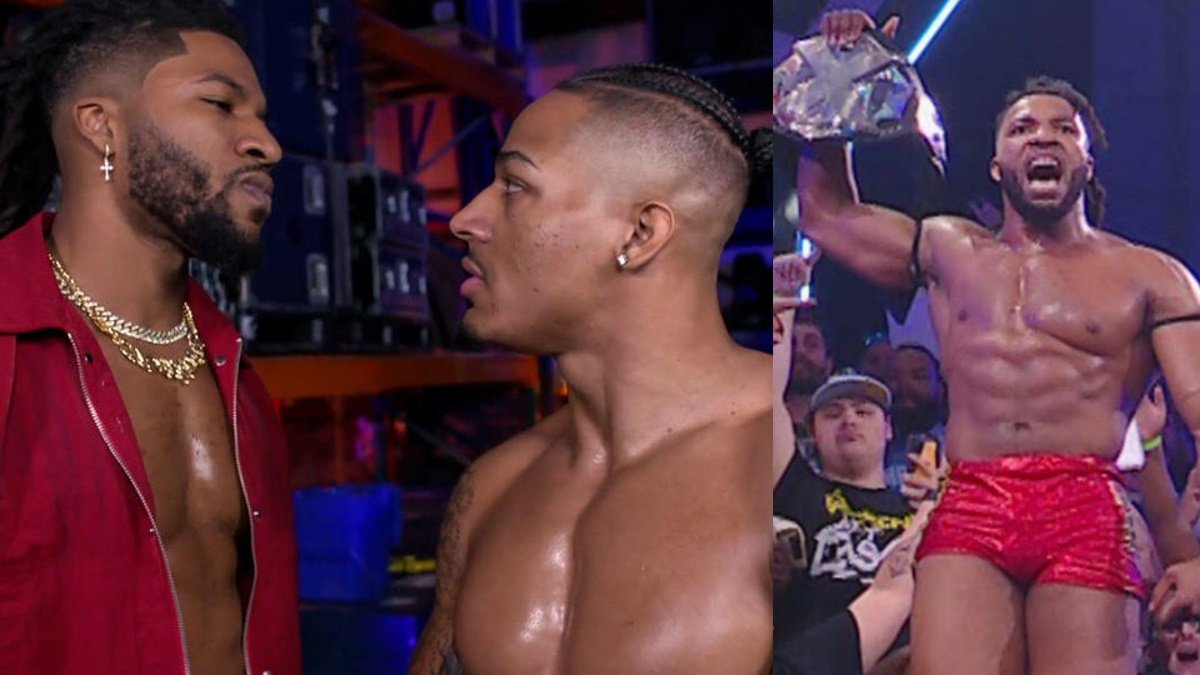
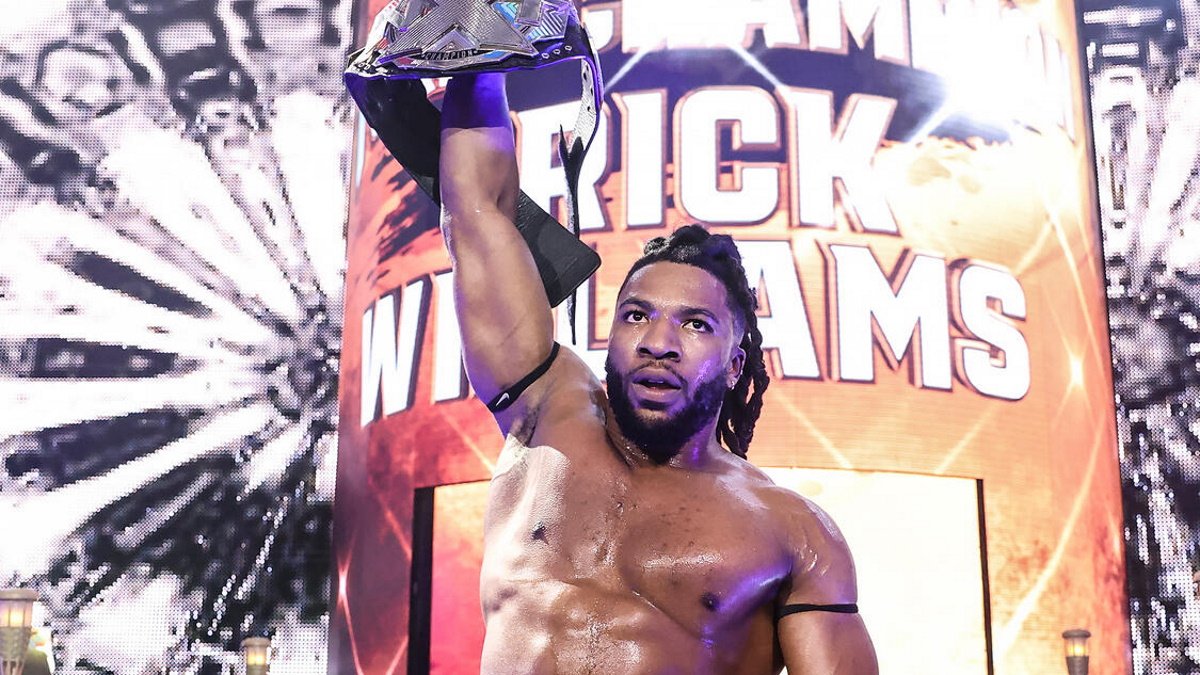
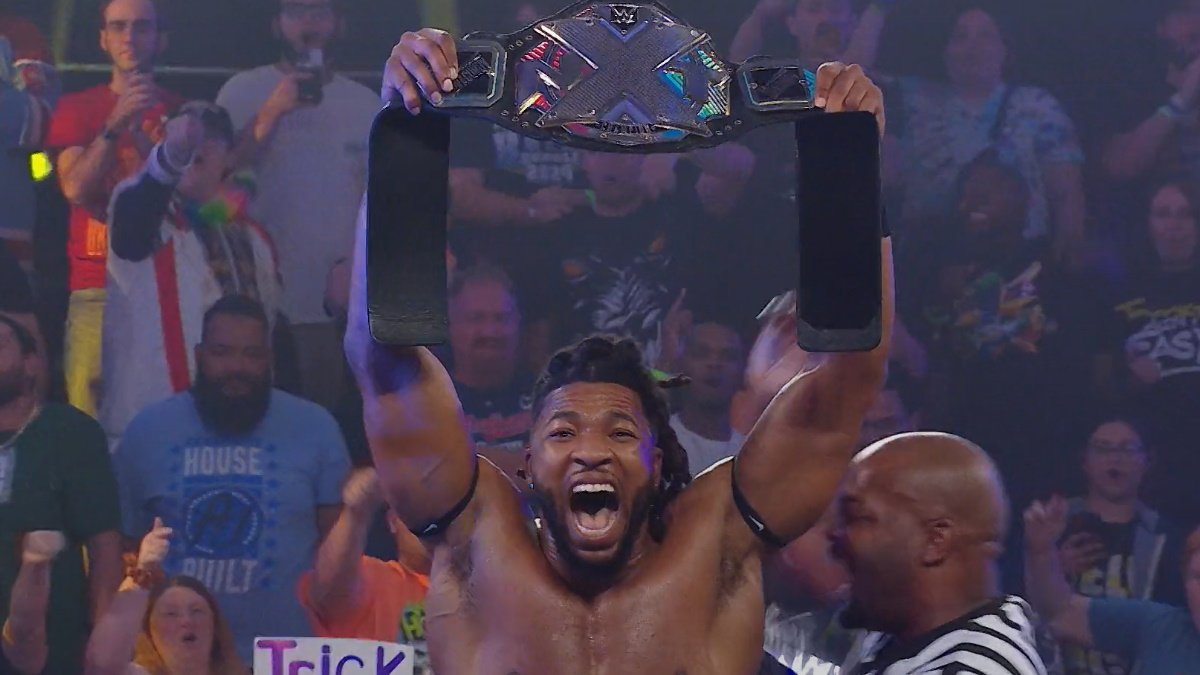
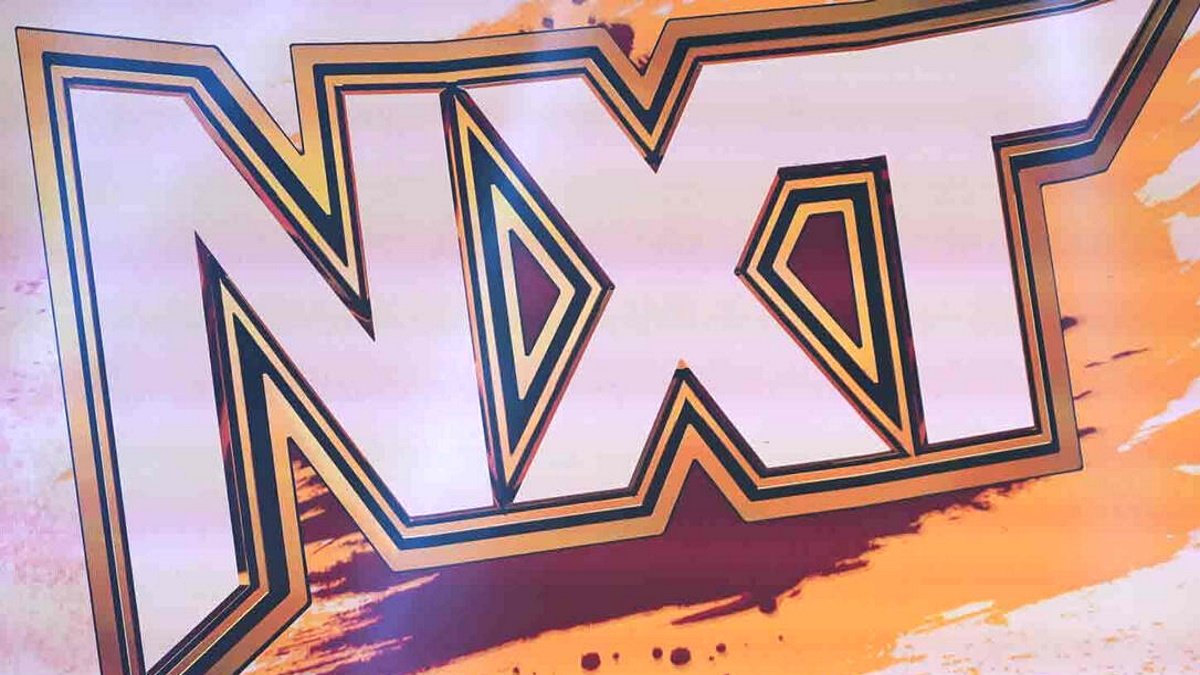
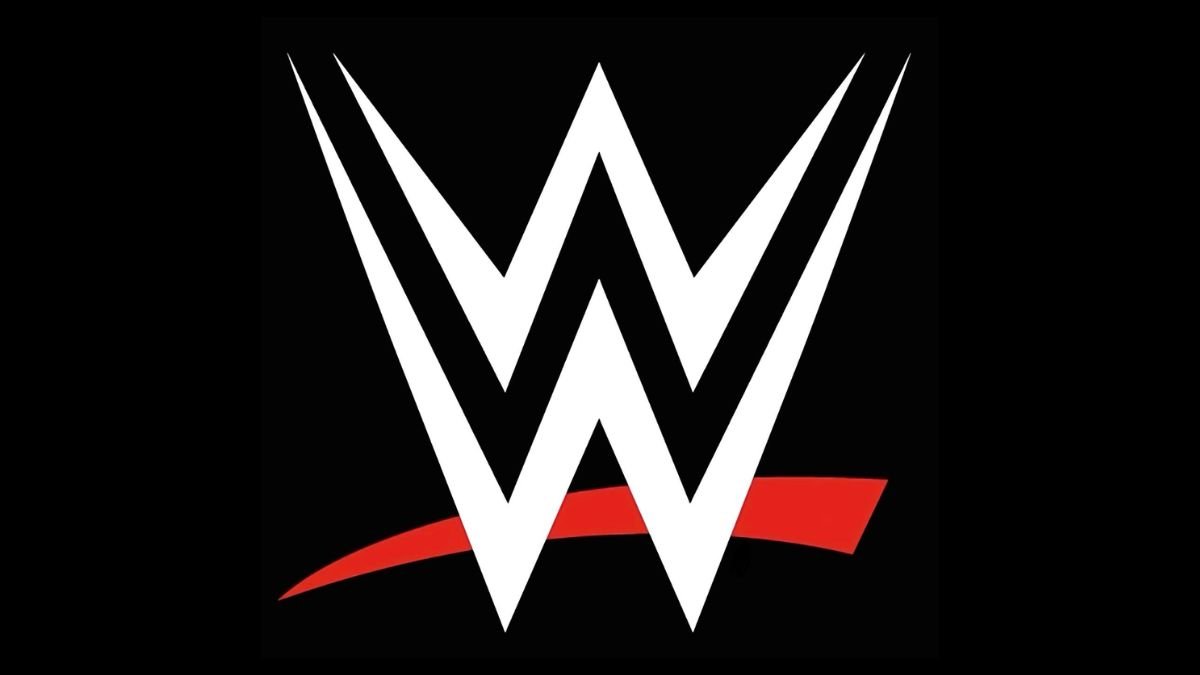
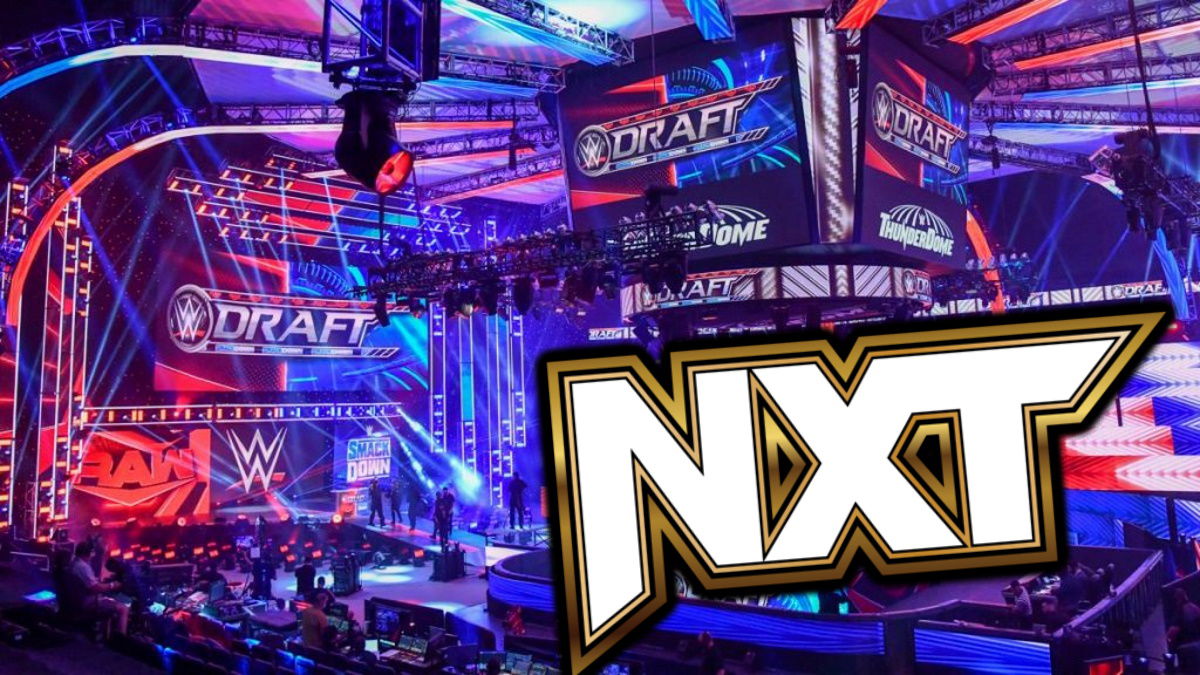
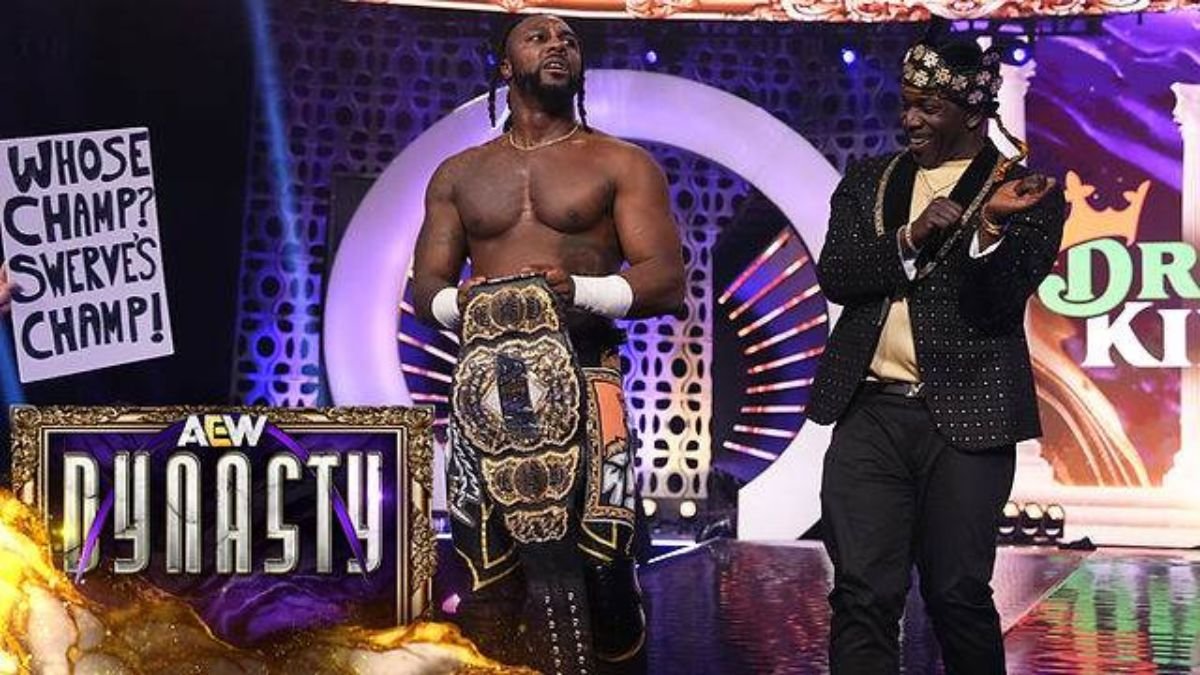
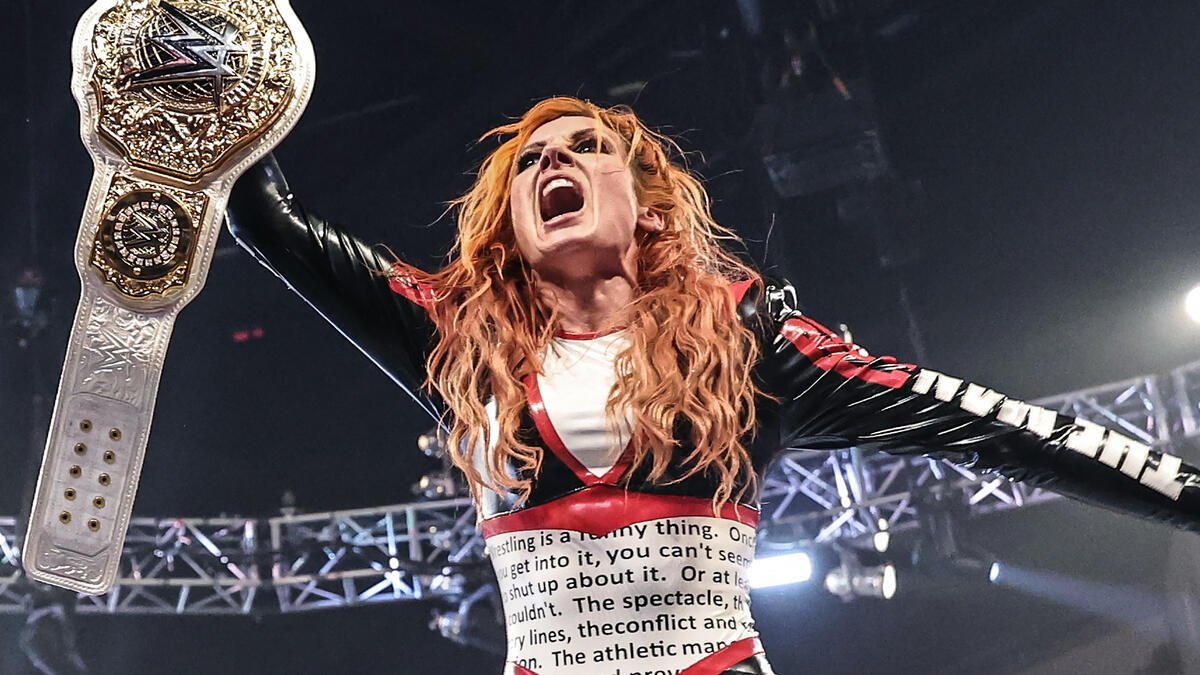
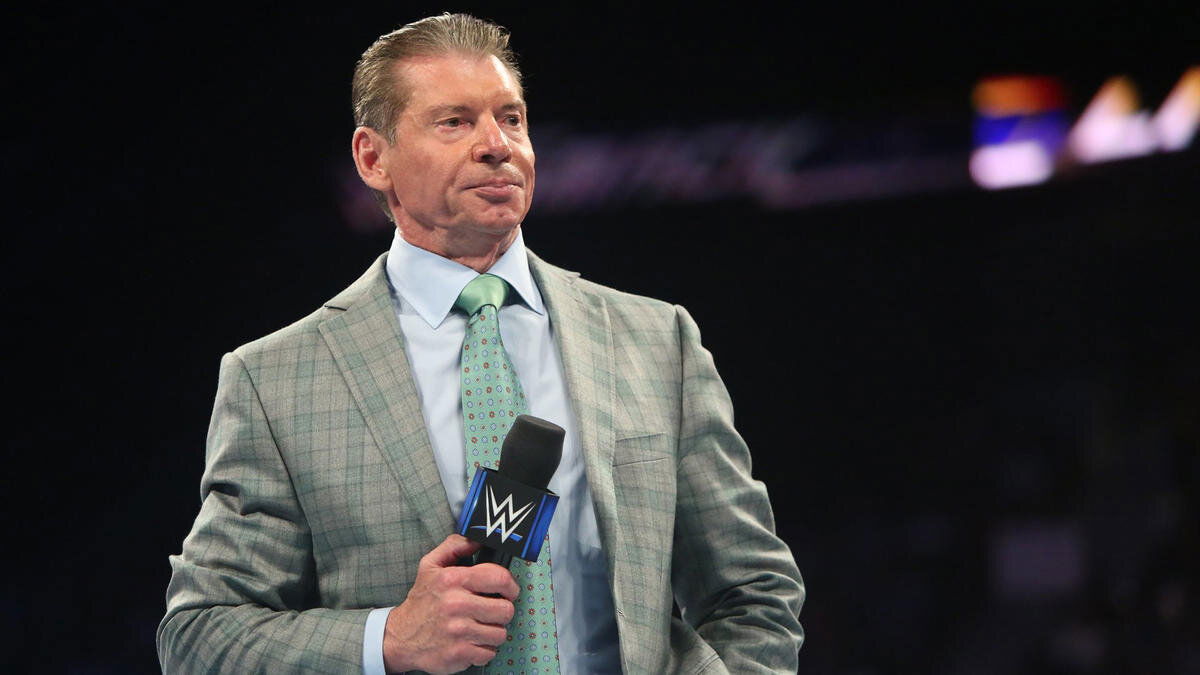
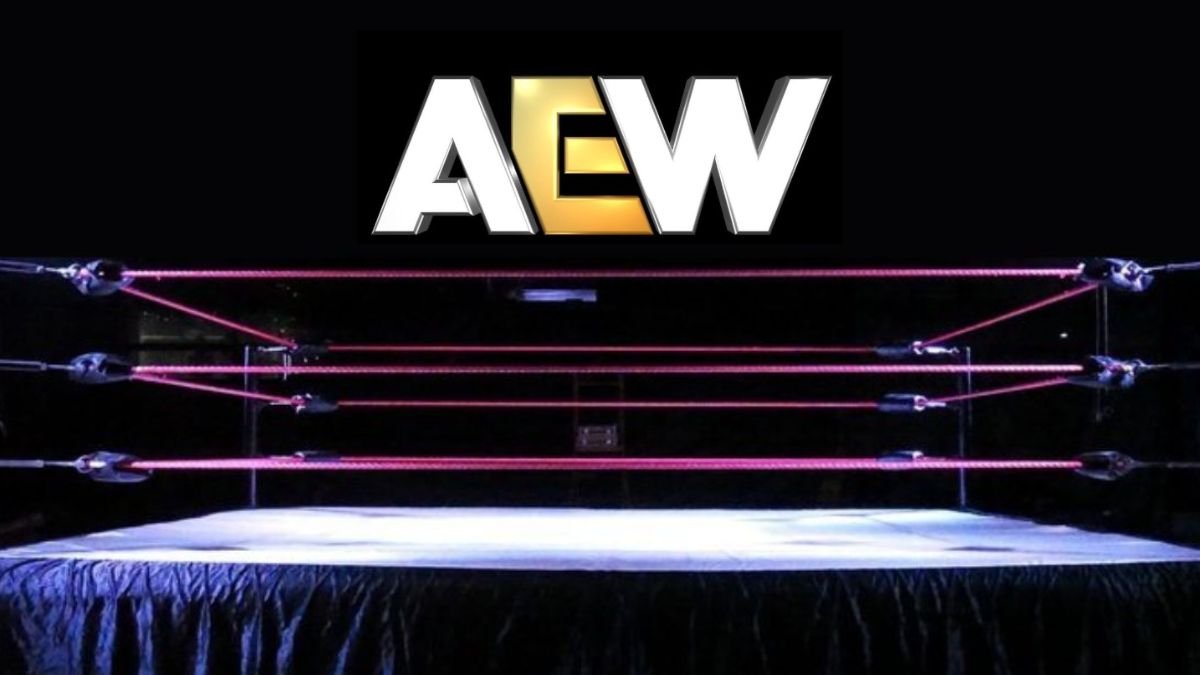
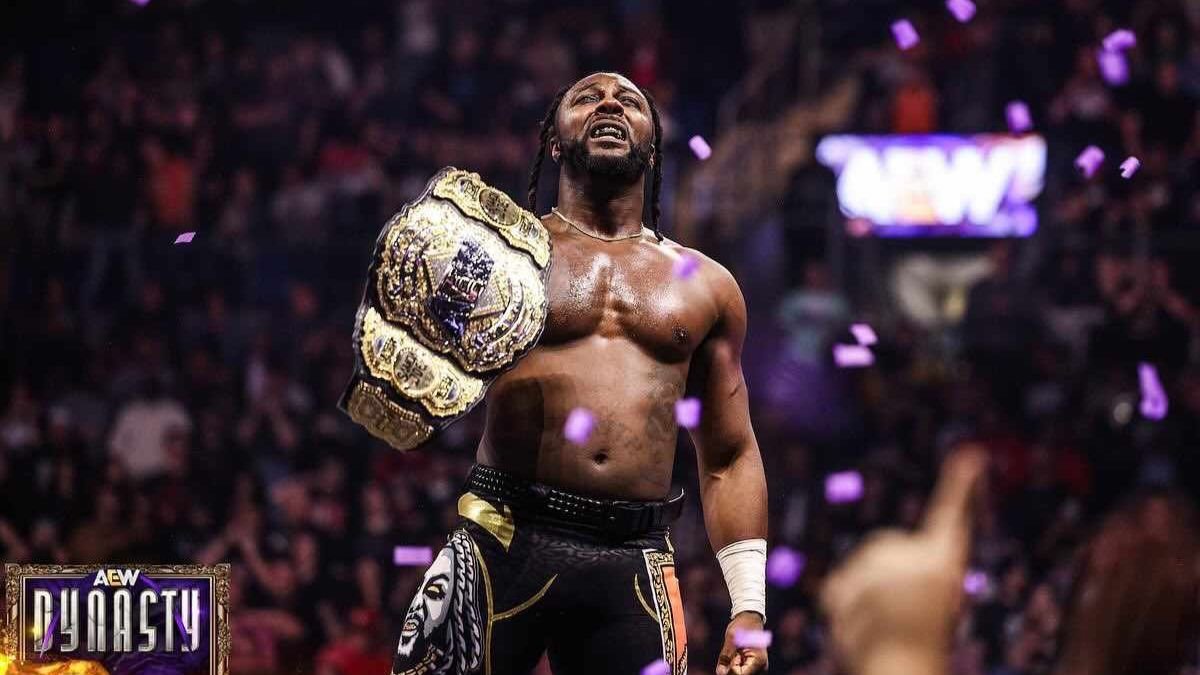
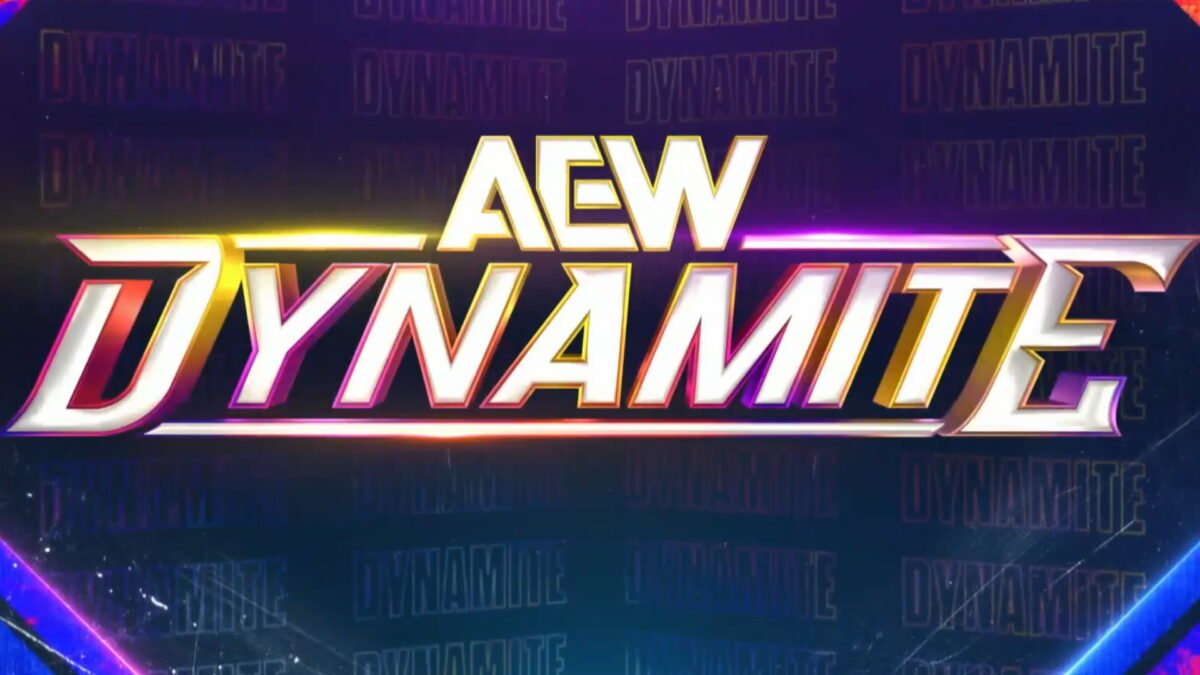
 mailing list
mailing list